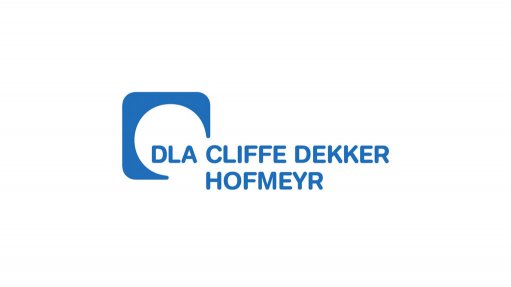
Direct marketing is often favoured as a popular means of product marketing. It is, however, often also a source of irritation for many consumers.
Consumer Protection Act
The Consumer Protection Act, No 68 of 2008 ("CPA") contains provisions to assist consumers in the fight against unwanted, unsolicited direct marketing communications. The CPA defines "direct marketing" as an approach to a person, either in person or by mail or electronic communication, for the direct or indirect purpose of, inter alia, promoting or offering to supply, in the ordinary course of business, any goods or services. "Electronic communication" includes communication by means of telephone, fax, SMS, wireless computer access, email or any similar technology or device. Telesales fall within the ambit of this definition too.
Blocking Direct Marketing Communications
The CPA empowers consumers to block marketing communications. In broad terms it provides that: (i) consumers are at liberty to refuse to accept direct marketing communications from someone in person; or (ii) in the case of an approach other than in person, to pre-emptively block any approach or communication to that person, if the approach of communication is primarily for the purposes of direct marketing.
Section 11 of the CPA goes beyond empowering consumers to refuse to accept direct marketing communications. It sets out in greater detail what the legislature envisages may be done to limit or prevent direct marketing communications:
- first, a person who is the subject of direct marketing communication may demand that the person responsible for initiating the communication desist from initiating any further communication;
- secondly, the Commissioner of the National Consumer Commission ("NCC") may establish a registry in which any person may register a pre-emptive block, either generally or for specific purposes, against any communication that is primarily for the purpose of direct marketing (the Regulations contain detailed provisions about the establishment of this registry);
- thirdly, a person authorising, directing or conducting any direct marketing must implement appropriate procedures to facilitate the receipt of demands to pre-emptively block (as contemplated above) and not direct or permit any person associated with that activity to direct or deliver any communication for the purpose of direct marketing to a person who has made a demand to pre-emptively block or has registered a pre-emptive block on a registry; and
- fourthly, no person may charge a consumer a fee for making a demand to pre-emptively block direct marketing communications, or to have a pre-emptive block registered.
- The registry contemplated in section 11 of the CPA, as read with the Regulations, has not yet been established. The application of the relevant provisions of the CPA and the Regulations relating to the consumer registry has been delayed until such time as these provisions are declared to be effective by the Minister. Consumers are therefore currently unfortunately unable to pre-emptively block their details from use by direct marketers.
Prohibited Contact Times
In addition to the above, section 12 of the Regulations to the CPA (which is the regulation pertaining to time for contacting consumers) further provides as follows:
- the Minister may, by notice in the Government Gazette, prescribe specific days, dates, public holidays or times of days for the purpose of direct marketing (these times have been set in the Regulations); and
- a supplier must not engage in any direct marketing directed to a consumer at home for any promotional purpose during a prohibited period prescribed by the Minister as aforesaid.
- The Regulations prescribe the prohibited times for contacting consumers at home (this includes via telephone, SMS or email) as follows:
- Sundays or public holidays;
- Saturdays before 09h00 and after 13h00; and
- all other days between the hours of 20h00 and 08h00 the following day.
Conclusion
Sections 11 and 12 of the CPA will have implications for telesales or any other sales and marketing methods where the consumer is approached or targeted directly (including via email and SMS). Companies should adopt a vigilant and conservative approach in relation to obtaining consumers' permission to use their details for marketing purposes and monitoring and enforcing requests from consumers to discontinue any marketing activities.
Written by Justine Krige, Senior Associate, Corporate and Commercial, Cliffe Dekker Hofmeyr